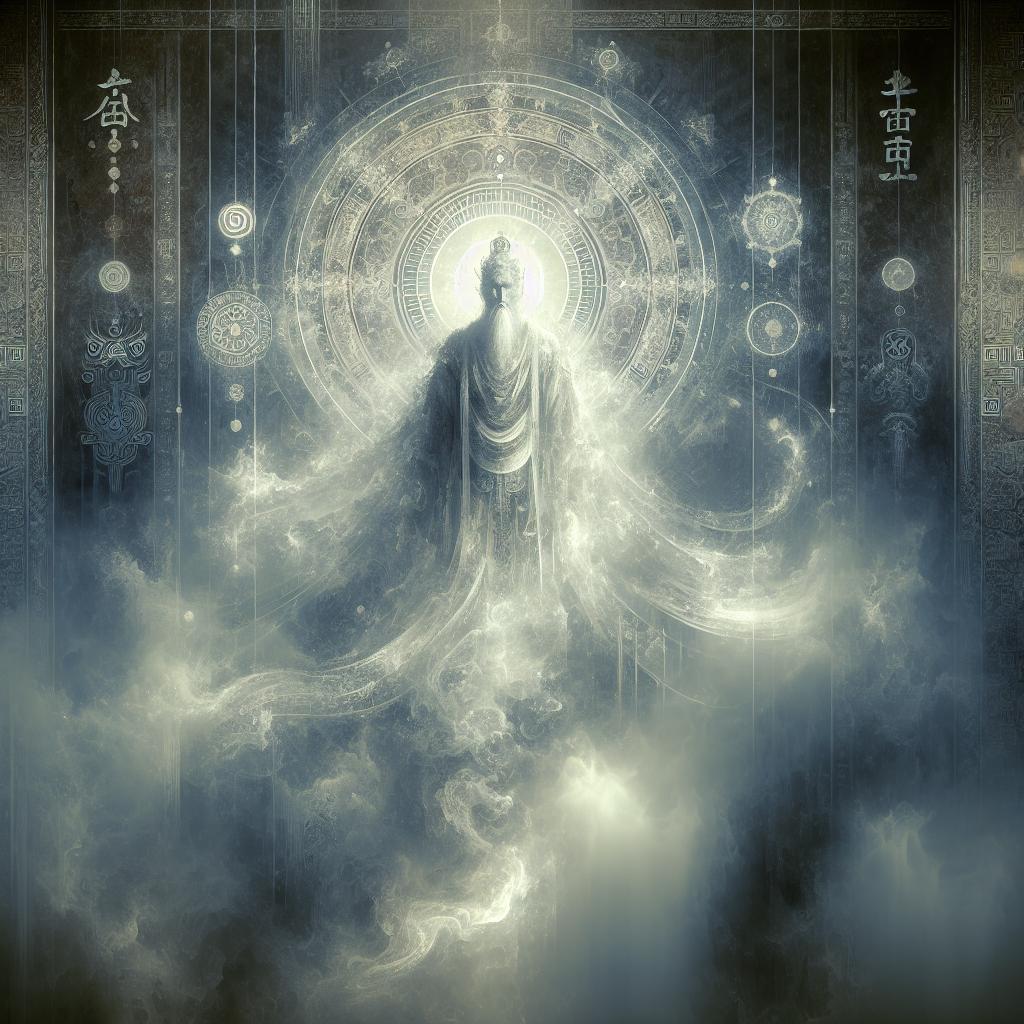
The Ultimate Revelation of the Original Unknown God of China
Published: 17 April 2024
The Original Unknown God of China
China's ancient history is filled with intriguing mysteries, and one of the most fascinating is the existence of an original "unknown" god. This god, known as ShangDi or the Heavenly Ruler, was revered by the early emperors of China and was considered the supreme Creator God. Over time, however, distortions and errors crept in, and the knowledge of this one true God was largely lost.
The Terracotta Army and the Emperor's Knowledge
One remarkable piece of evidence for the early Chinese knowledge of ShangDi is the famous terracotta "spirit army." These life-size figures, along with horses and chariot replicas, were created over 2200 years ago to guard the tomb of Emperor Ch'in in the afterlife. Like many ancient cultures, the early emperors of China had a definite understanding of the supreme Creator God.
The Temple of Heaven and the Border Sacrifice
Another intriguing aspect of this mystery is the 450-year-old Temple of Heaven complex in Beijing. The emperors used to perform a yearly ceremony known as the Border Sacrifice, which involved sacrificing a bull on the great white marble Altar of Heaven. This ceremony dates back 4,000 years and was considered the most important and colorful celebration of the year. It was recorded that Emperor Shun, who ruled from about 2256 BC to 2205 BC, sacrificed to ShangDi.
Understanding ShangDi through Ancient Chinese Texts
To gain a deeper understanding of ShangDi's significance in ancient Chinese culture, we can examine recitations from the Border Sacrifice ceremony. These recitations show that ShangDi was considered the Creator of the world. The emperor would meditate at the Altar of Heaven while singers and musicians would intone prayers that expressed reverence for ShangDi as the Maker and Ruler of all things.
The recitations speak of ShangDi's role in the creation of heaven, earth, and man, mirroring the biblical account in Genesis. The words used to describe ShangDi's actions closely resemble the language used in the Hebrew texts. This suggests a striking similarity between the Chinese worship of ShangDi and the Hebrew worship of the Creator-God.
ShangDi as the Heavenly Ruler
In ancient Chinese culture, ShangDi was often referred to interchangeably with the name Heaven (Tian). This connection is evident in the writings of early scholars and philosophers. They saw Heaven as the Creator-God who ordered the celestial bodies, seasons, and natural elements for the benefit of humanity. The ancient Chinese recognized that they were dependent on this Heavenly Ruler for their existence and well-being.
Correspondence with the Hebrew Account
The similarities between ShangDi and the God of the Hebrews are striking. Both are described as the Creator of heaven, earth, and man. Both are worshipped through sacrifices, with bulls being offered in ancient China and various animals being sacrificed by the Hebrews. The Chinese Border Sacrifice aligns with the instructions given by God to offer sin offerings and burnt offerings in Hebrew religious practices.
The Pictographic Script and Biblical Truths
The origins of the Border Sacrifice and its connection to ShangDi can be further explored through an analysis of ancient Chinese pictographic writing. Researchers have found that these ancient ideograms contain foundational truths of Christianity. The Chinese characters predate Moses and depict a story similar to that found in Genesis. The creation, temptation, fall of man into sin, and God's remedy for sin through animal sacrifices are all recorded within these characters.
Why This Matters
Discovering the connections between ancient Chinese culture and biblical truth can have significant implications. It challenges the notion that Christianity is a "foreigner's religion" to the Chinese people. Instead, it reveals that the Chinese worshipped the same God as Christians do today. The memory of their original Creator-God, ShangDi, became dimmed over time as they turned to false gods. However, the evidence found in ancient Chinese script reinforces the historical truth of Genesis and provides a common ground for dialogue between Christians and Chinese individuals.
Think About It
Consider the significance of finding similarities between the ancient Chinese worship of ShangDi and the Hebrew worship of the Creator-God. Reflect on how these connections can bridge cultural gaps and foster understanding between different religious traditions. Contemplate the impact of this research on your own faith and understanding of God's universal presence throughout history.
In conclusion, the existence of an original "unknown" god in ancient China is a captivating mystery. The worship of ShangDi by early emperors and the connections between Chinese culture and biblical truths shed light on our shared human history and the universality of belief in a supreme Creator. Exploring these connections can deepen our understanding of God's presence throughout different cultures and encourage dialogue and mutual respect among diverse religious traditions.
